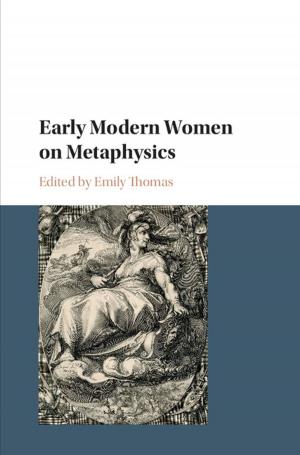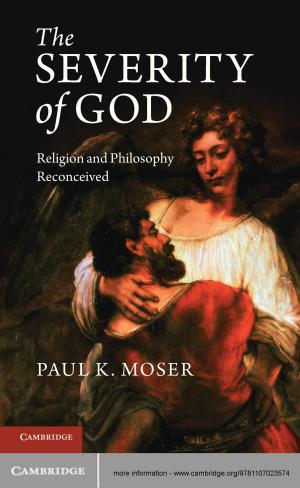The Origins of Nationalism
An Alternative History from Ancient Rome to Early Modern Germany
Nonfiction, History, European General, Social & Cultural Studies, Social Science| Author: | Caspar Hirschi | ISBN: | 9781139179409 |
| Publisher: | Cambridge University Press | Publication: | December 8, 2011 |
| Imprint: | Cambridge University Press | Language: | English |
| Author: | Caspar Hirschi |
| ISBN: | 9781139179409 |
| Publisher: | Cambridge University Press |
| Publication: | December 8, 2011 |
| Imprint: | Cambridge University Press |
| Language: | English |
In this wide-ranging work, Caspar Hirschi offers new perspectives on the origins of nationalism and the formation of European nations. Based on extensive study of written and visual sources dating from the ancient to the early modern period, the author re-integrates the history of pre-modern Europe into the study of nationalism, describing it as an unintended and unavoidable consequence of the legacy of Roman imperialism in the Middle Ages. Hirschi identifies the earliest nationalists among Renaissance humanists, exploring their public roles and ambitions to offer new insight into the history of political scholarship in Europe and arguing that their adoption of ancient role models produced massive contradictions between their self-image and political function. This book demonstrates that only through understanding the development of the politics, scholarship and art of pre-modern Europe can we fully grasp the global power of nationalism in a modern political context.
In this wide-ranging work, Caspar Hirschi offers new perspectives on the origins of nationalism and the formation of European nations. Based on extensive study of written and visual sources dating from the ancient to the early modern period, the author re-integrates the history of pre-modern Europe into the study of nationalism, describing it as an unintended and unavoidable consequence of the legacy of Roman imperialism in the Middle Ages. Hirschi identifies the earliest nationalists among Renaissance humanists, exploring their public roles and ambitions to offer new insight into the history of political scholarship in Europe and arguing that their adoption of ancient role models produced massive contradictions between their self-image and political function. This book demonstrates that only through understanding the development of the politics, scholarship and art of pre-modern Europe can we fully grasp the global power of nationalism in a modern political context.















